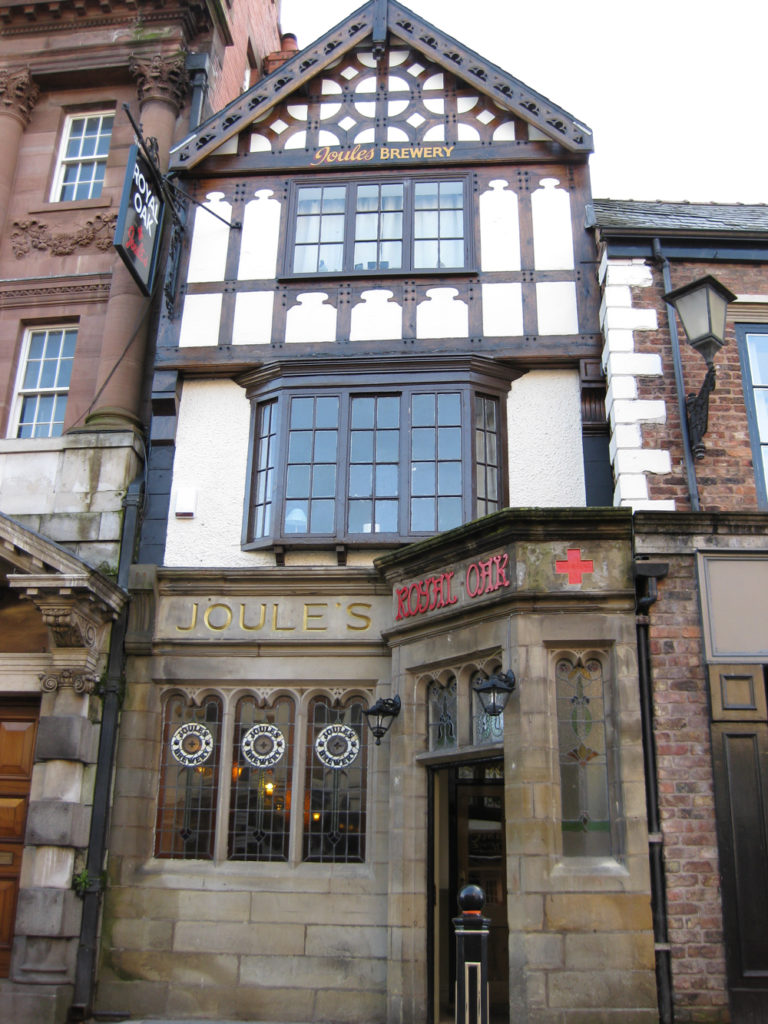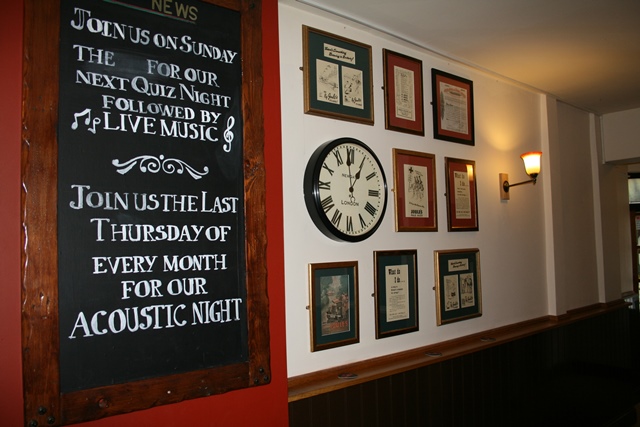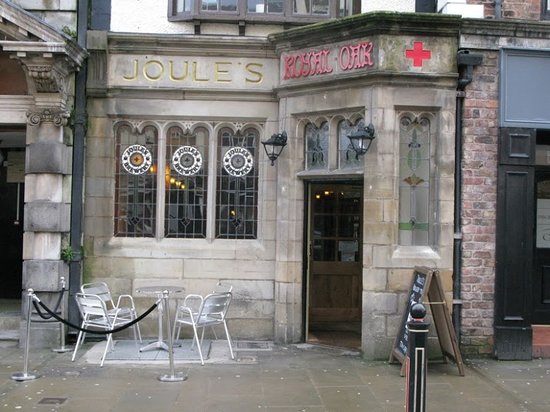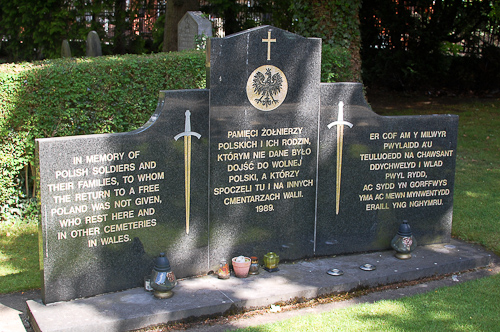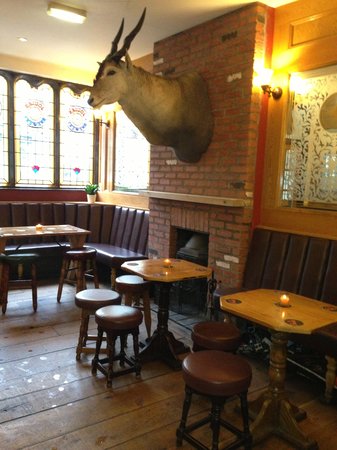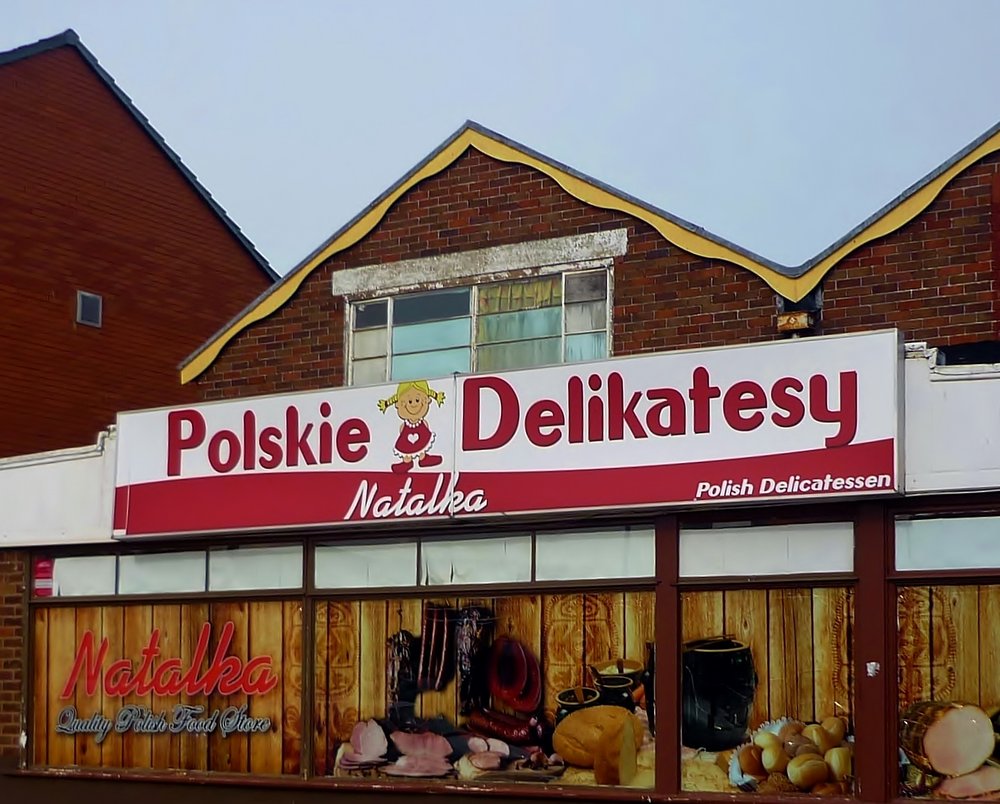It’s very easy to walk straight past the Polish Embassy in Wrexham without noticing it. It’s a narrow, understated and not particularly distinguished building on the town’s High Street. It also happens to be pub called the Royal Oak.
The earliest record of a pub by that name on this site dates from 1780, though the present building was completed in 1913 and replaced the original timber-framed structure. In terms of architectural style I would describe it as Elizabethan-pastiche: pointed gable, leaded windows and a black and white-timbered façade. The Royal Oak’s connection with Poland dates back to the Second World War. Units of the Free Polish Army were stationed in the Wrexham area, and the pub became a favourite watering hole of the exiles. Since that time it has been known locally as the Polish Embassy.
A number of Polish soldiers previously based in Wrexham expressed a reluctance to return their homeland after the war because of the Soviet occupation and many of them chose to settle in the area. This population was added to in 1946 when the Polish Army Medical Corps, who were based in Italy, decided en masse that they did not wish to return to their native country. Several hundred Polish service personnel and their families were, therefore, relocated to a former US Army hospital site at Penley, just outside Wrexham.
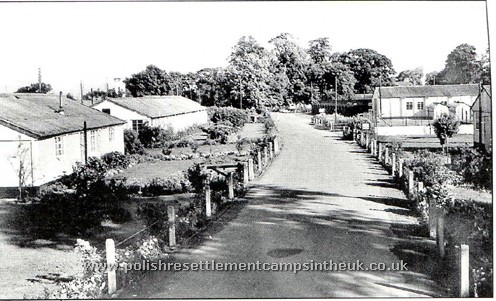
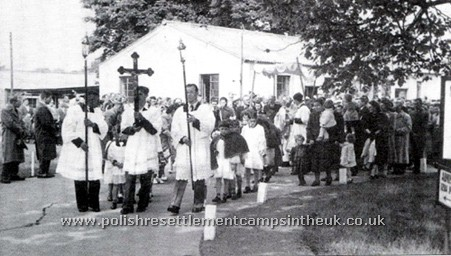
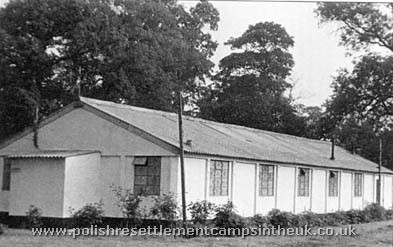
Before the Polish servicemen began to use the Royal Oak it was the haunt of American soldiers from the 33rd Signals Construction Battalion and 400th Armoured Field Artillery Battalion who were billeted at Acton Park. The US Army, to its shame, was racially segregated at this time and the Royal Oak was one of the few Wrexham pubs African-American soldiers were free to attend. The US Army left Wrexham in 1944 shortly after D-Day. It was around this time that the Royal Oak’s connection with Wrexham’s Polish community began.
The Royal Oak today is a very pleasant pub with a jukebox, open fire, a host of CAMRA-approved real ales and, weirdly, an enormous stuffed antelope head on the chimney breast.
What there doesn’t seem to be, however, is any reminder of the pub’s once intimate connection with the town’s Polish population. The Polish hospital at Penley no longer exists either having finally closed its doors in 2002.
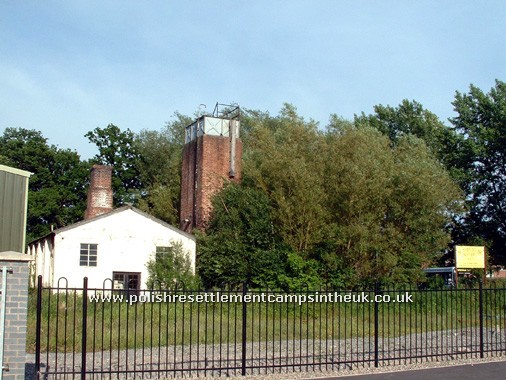
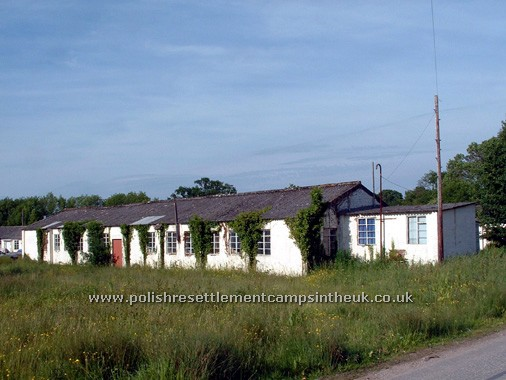
Wrexham had a thriving Polish community throughout the 1950s and 1960s and the Royal Oak, by all accounts, maintained its Polish connection throughout this period. In subsequent decades, however, Wrexham’s Polish community began to lose its unique identity as the wartime generation died off and their children and grandchildren were steadily assimilated into the local population.
Things changed, however, in 2004 when Poland and a number of other new countries acceded to the European Union. Wrexham’s economy was booming during this time with an unemployment rate well below the UK average and a plethora of manufacturing jobs in the area. As a result a steady stream of workers from Eastern Europe and Portugal were attracted to the town. Wrexham’s Polish community has been rejuvenated and is estimated to form upwards of five per cent of the town’s population.
Wrexham now has several Polish supermarkets, most of the town’s pubs and off-licences stock Polish beers and the Polish language is now vying with Welsh and Portuguese to be the second most widely-spoken tongue in the area.
But, in concrete terms, there is very little to connect the current Polish community with the wartime generation. On several visits to the Royal Oak, obviously just for the purposes of research, I never heard an Eastern European accent: the Polish Embassy is still waiting for a new generation to reclaim its heritage.
With full acknowledgement and grateful thanks to Zosia and Jurek Beigus’s excellent book Polish Resettlement Camps in England and Wales, 1946-1969 (2013)

